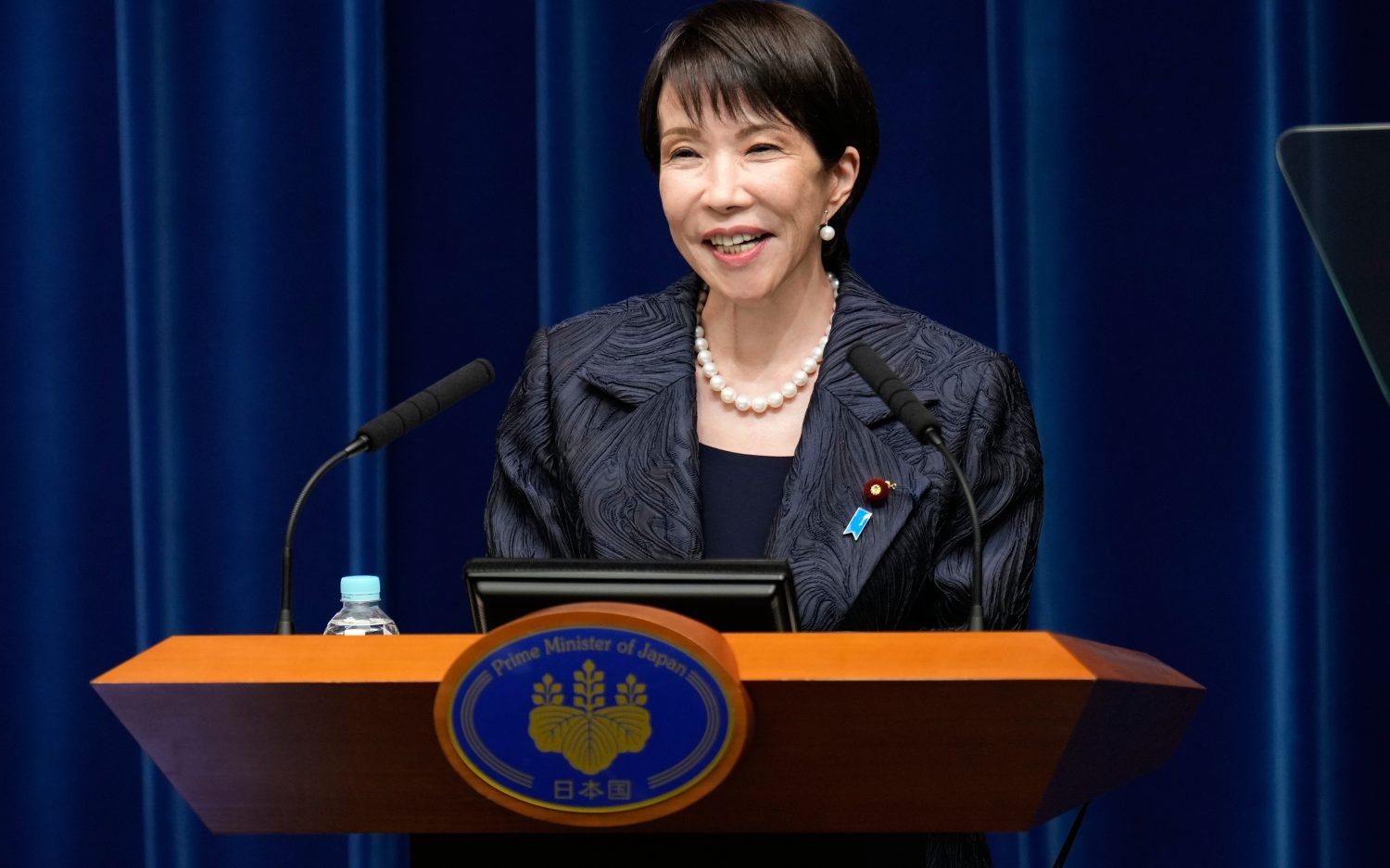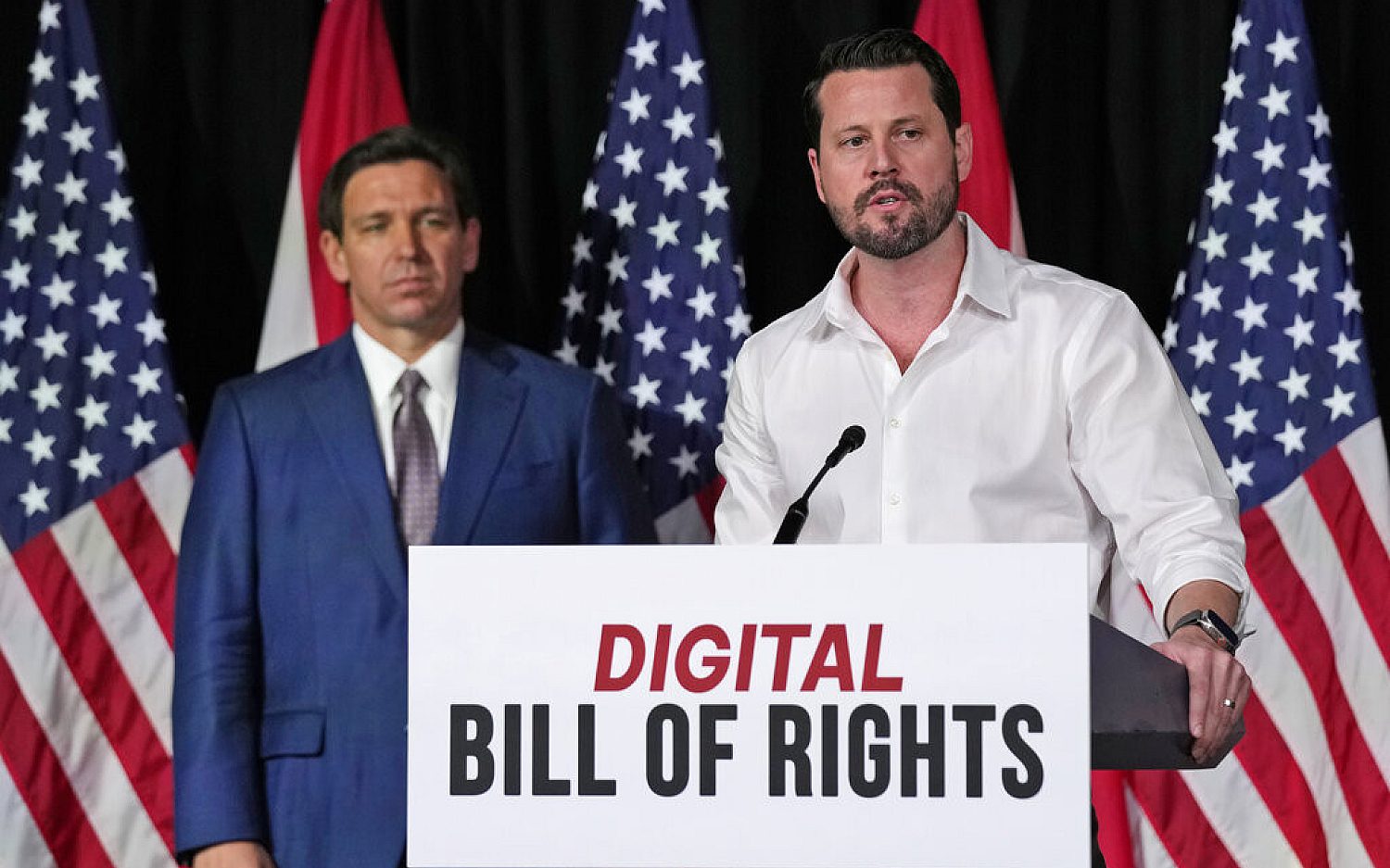Venezuela's socialist economy grinds to a standstill
Venezuela is imploding.
The inflation rate is pushing 700 percent; some analysts believe it will top 1,000 percent by year’s end. The government is only working two days a week to save electricity, and public schools are closed on Fridays to do the same. Hospitals are running out of supplies and medicine. Citizens are camping out overnight in lines at supermarkets to buy food, which is often not there by the time they get to the shelves.
And the government runs those shelves. Venezuela is a socialist democracy, headed between 1999 and 2003 by radical left-winger Hugo Chavez, a socialist and longtime friend of Cuban dictator Fidel Castro. After Chavez’s death from cancer, Nicolas Maduro, a socialist hand-picked by Chavez, narrowly won election to take his place.
Under Maduro’s policies, Venezuelan citizens are only allowed to shop at public grocery stores two days a week. Public bureaucrats—not the market—control the prices. They also control how much of each item citizens can buy. A single mother recently told the LA Times government workers at one store would only sell her the rice, pasta, sugar, and cooking oil she needed if she also bought a watermelon—which she both didn’t need and couldn’t afford.
News reports describe how citizens are spending hours they don’t have and days they should be at work going from store to store, trying to find what they need. Some are turning to black-market street vendors for goods, where they’ll pay a much higher price (reflecting the actual market; not governmental pipe dreams).
There’s also a black market for money. The Venezuelan government shows an official exchange rate of 10 Venezuelan bolivars to every one U.S. dollar. But on the Venezuelan streets, it’s closer to 1,000 bolivars to every dollar; that’s thanks to the public’s utter lack of trust in the money’s supposed worth.
Soldiers have been guarding supermarkets since early this year, when oil prices started dropping and inflation started rising. Venezuela is one of the world’s largest oil producers; oil accounts for roughly 95 percent of exports
The country’s socialist policies and autocratic tendencies have long troubled its economy, but where they were poor in free market enterprise they were rich in oil. Now that part of their economy is no longer protecting the rest.
When Chavez became president, he claimed he wanted to give more power to the people. Yet one of his first actions was to rewrite the country’s constitution to broaden his control over the three branches of government, to allow him to pass laws not through assembly approval but by decree, and to drop presidential term limits. His government took ownership of most private companies, even those it didn’t know how to run. It started setting the prices of goods and services, often below the cost of production. It seized farmland so Chavez could redistribute crops to those he felt needed them most.
Chavez and Maduro also created “communes,” hundreds of supposedly self-sufficient (but government-funded) communities where residents govern themselves, grow their own food, and share everything. The farmers on the communes say they sell their crops to their fellow “comrades” at a discount out of disdain for what they call the ugly capitalist greed for profit.
Rather than connecting the dots between unsustainable economic policies and the country’s woes, Maduro blames the United States. When he declared a national state of emergency earlier this month, he said it’s because the U.S. is trying to overthrow him. He recently accused the Uruguayan head of the Organization of American States, which is contemplating suspending Venezuela, of being a CIA operative.
But there’s at least one U.S. resident Maduro seems to like. He said Tuesday he hopes Bernie Sanders, a self-professed democratic socialist, wins the U.S. presidential election. Maduro called Sanders a “revolutionary friend” and said he would win the presidency if the U.S. had truly “free” elections.
When asked by a Univision reporter what he thought of Venezuela’s situation given his support for socialist policies, Sanders said he couldn’t comment because he’s focused instead on his campaign.
An actual newsletter worth subscribing to instead of just a collection of links. —Adam
Sign up to receive The Sift email newsletter each weekday morning for the latest headlines from WORLD’s breaking news team.





Please wait while we load the latest comments...
Comments
Please register, subscribe, or log in to comment on this article.